Mozambique Elections: CC clarifies that only from 24 December can it proclaim the winners of the ...
Mozambique Elections: Council of State wants “far-reaching reform” in electoral law – AIM report

FILE - For illustration purposes only [File photo: Lusa]
The Council of State, a body that advises the Mozambican President, met in Maputo on Wednesday, and called for “far-reaching reforms” in the country’s electoral legislation.
The statement from the Council of State suggests a “timely and inclusive revision of the electoral law”, which will deal with the professionalisation of the electoral management bodies and separating them from political parties as a way of ending election and post-election conflicts.
The Council of State thinks it necessary to adopt these measures conducive to the promotion of transparency and to making elections credible.
Taking the political parties out of the election bodies will doubtless prove the most difficult part of this package. For the politicisation of the National Elections Commission (CNE) dates back to the 1992 peace agreement between the government and Renamo, in which Renamo insisted on a clause giving it the right to appoint a third of the CNE.
In vain did the then Justice Minister, the late Ali Dauto, propose a small, professional and non-political CNE. His proposal was for essentially a judicial body, and Renamo immediately rejected it.
And if Renamo was to appoint a third of the CNE, then Frelimo and the other parties would appoint the other two thirds.
Subsequently, the electoral legislation was repeatedly amended, but the debate over the CNE was always about how many members each party should appoint.
Twice (in 2008 and 2012) Frelimo proposed a complete separation between the political parties and the CNE. Instead, the CNE should be drawn exclusively from civil society organisations.
We will never know how this would have worked, since Renamo simply refused to discuss the proposal. Senior Renamo parliamentarians even declared “elections belong to the political parties”.
The current system came into being thanks to amendments approved by the country’s parliament, the Assembly of the Republic, in February 2013. Frelimo abandoned its call for a non-political CNE, and went along with the Renamo proposal for a large CNE (17 members), with mini-CNEs in all the provinces and districts, with members appointed on a political party basis.
The CNE’s executive body, the Electoral Administration Technical Secretariat (STAE), was also appointed on a party political basis, and had branches in every province and district.
This gave the country a bloated electoral apparatus, with thousands of political appointees looking over each other’s shoulders.
The Council of State was obliquely calling for the abolition of this system but made no specific recommendations as to what should be put in its place, other than that the electoral management bodies should be professional.
The Council urged that “the live forces of society should strengthen dialogue which leads to consensus about the future of the country”. It wanted those forces “to seek solution to the problems the country is going though, in order to consolidate social cohesion”.
On the fight against Islamist terrorism in the northern province of Cabo Delgado, the Council of State praised the Mozambican defence and security forces and their Rwandan allies “for the results obtained in the fight against terrorism and in improving the protection of Mozambcans and their property”.
The FDS, the Council said, “are called upon to guarantee the normal functioning of institutions, and of the lives of Mozambicans”.
Among the members of the Council of State are the two previous Presidents, Joaquim Chissano and Armando Guebuza, and the leader of Renamo, Ossufo Momade, as the runner-up in the last presidential election.


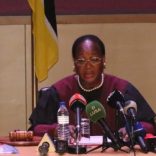

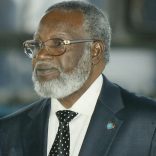
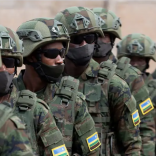
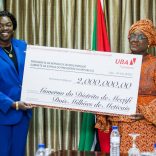
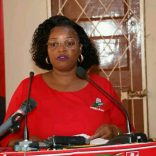



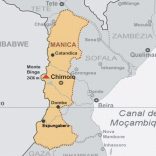
Leave a Reply
Be the First to Comment!
You must be logged in to post a comment.
You must be logged in to post a comment.